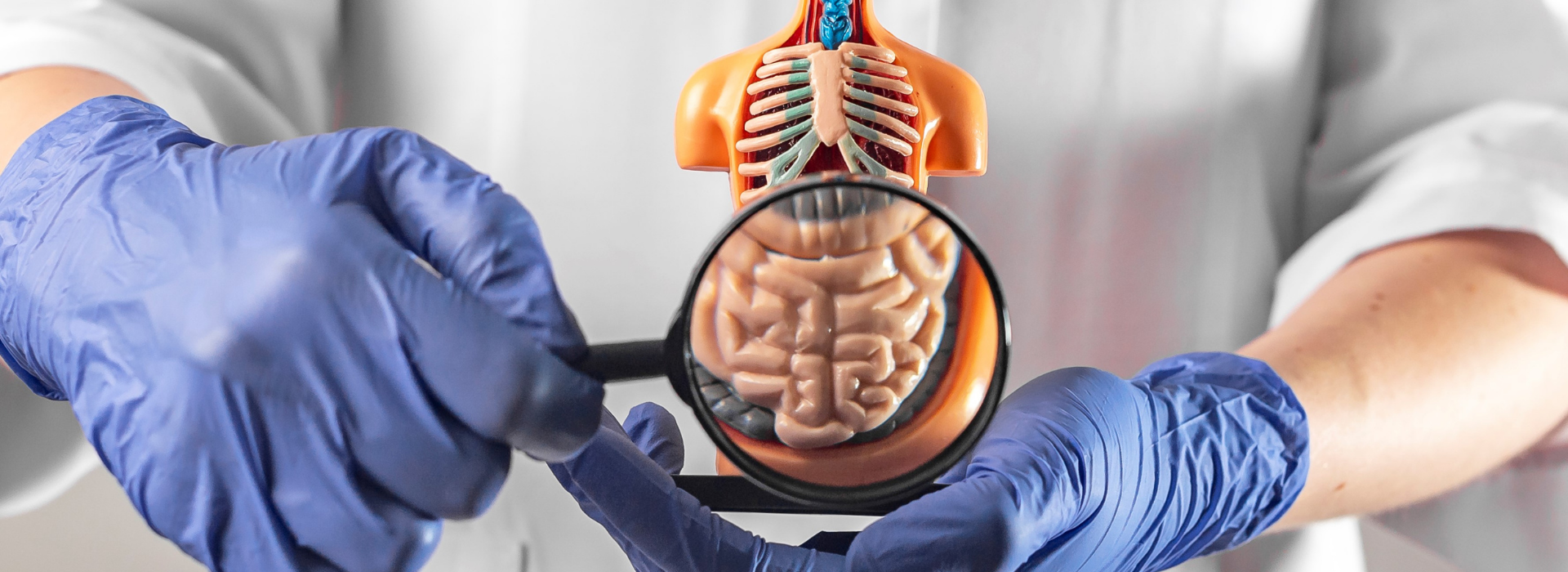Colonoscopy is a procedure in which the entire colon and, if necessary, the last part of the small intestine are examined using a flexible, bendable instrument with a camera at its tip. To perform a colonoscopy, bowel preparation with laxative medications is required the day before the procedure to ensure a clean colon.
In modern technology, colonoscopy is considered the best method for both the diagnosis and treatment of diseases affecting the colon.
It is known that colorectal cancers are largely caused by small, benign growths called polyps. However, these polyps can acquire malignant characteristics over time and develop into cancer. Through colonoscopy, these polyps can be removed, thereby preventing colon cancer. Colonoscopy also enables the diagnosis of inflammatory bowel disease, the cessation of intestinal bleeding, the dilation of strictures, and the treatment of hemorrhoids and anal fissures.
At our clinic, colonoscopy is performed in a safe and clean environment under sedation, ensuring that the patient feels no pain or discomfort during the procedure. After the procedure, the patient can resume their daily activities. Colonoscopy, when performed by skilled professionals, carries a very low risk.
Prior to colonoscopy, the patient's accompanying medical conditions are evaluated, and medications are adjusted accordingly (e.g., antibiotics for patients with heart valve replacements, anticoagulants, anti-diabetic drugs, etc.). Bowel preparation is tailored based on the patient's known conditions or body structure.
Since the procedure is conducted under deep sedation (sleep), the patient does not experience any pain, and general anesthesia is generally not necessary, except in special cases.
If performed without sedation, the patient may feel discomfort or pain. This is because during the procedure, we introduce air into the colon to visualize it, which can cause gas-related discomfort. However, by administering sedation and providing pain relief medication beforehand, the patient does not feel any pain or discomfort. They do not remember the procedure and do not experience pain.
When and who should undergo a colonoscopy?
- If you have no complaints and are aged 45 or older, you should undergo a colonoscopy every 5 years for early diagnosis and prevention of colorectal cancer. With colonoscopy, the detection and removal of polyps can completely prevent the development of colorectal cancer.
- Individuals with rectal bleeding (patients often delay seeking medical attention by assuming it is due to hemorrhoids or anal fissures)
- Those with positive results for occult blood in their stool
- Individuals with a family history of colon cancer and polyps among first-degree relatives (parents, siblings)
- Those who have experienced a significant change in bowel habits in the last 6 months
- Individuals with chronic and unexplained diarrhea
- People with bloating, gas, and constipation issues
- Those with unexplained weight loss
- Individuals with persistent abdominal pain that does not resolve with treatment and the cause cannot be identified
- Postmenopausal women with diagnosed iron deficiency anemia
- In men, if there is iron deficiency in any case
- For patients with inflammatory bowel disease, particularly ulcerative colitis, colonoscopy should be performed for follow-up purposes.



